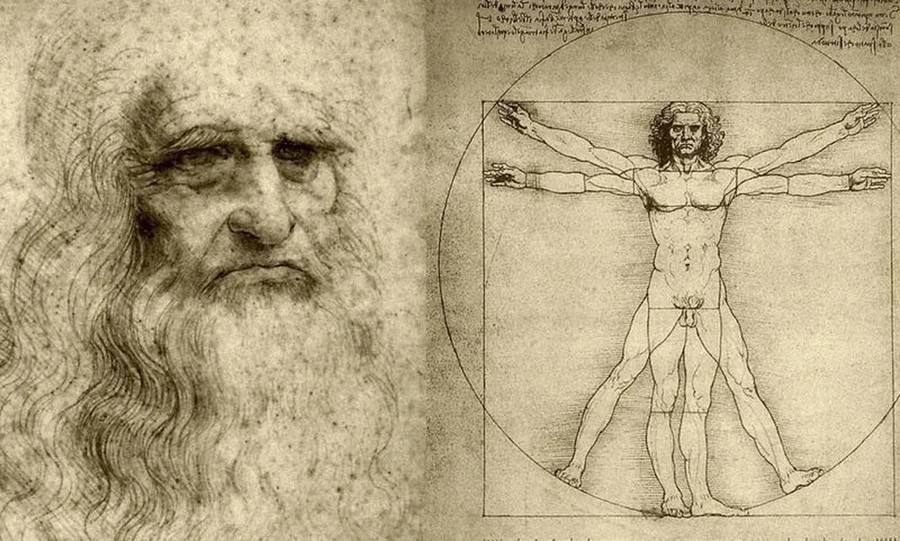Genghis Khan, born in 1162, is considered the greatest conqueror in human history. His armies formed the colossal Mongol Empire, the largest land empire ever known. In addition to his military exploits, Genghis Khan had a personal life marked by numerous relationships with six wives and about 500 concubines.
He left a significant genetic legacy, with an estimated 16 million males today, constituting 0.5% of the global male population, sharing a genetic link with him. Genghis Khan strategically used women as diplomatic tools between different clan groups and arranged marriages for his own children to maintain peace.
Despite having concubines, he displayed considerable respect and love for his wives, particularly his first wife, Borte. Genghis valued B's counsel and respected her opinions. In Mongol society, men believed that wise wives could prevent them from making foolish decisions. Borte eventually became the grand empress of the Mongol Empire, and only sons born to her were considered Genghis's legitimate heirs.
Among all his wives, B held the most significant influence and power in Genghis Khan's life. Genghis Khan's descendants wielded influence in Asian societies for centuries after his death, allowing them access to more women and consequently more offspring. Notably, Genghis Khan's son Toshi had 40 sons.







